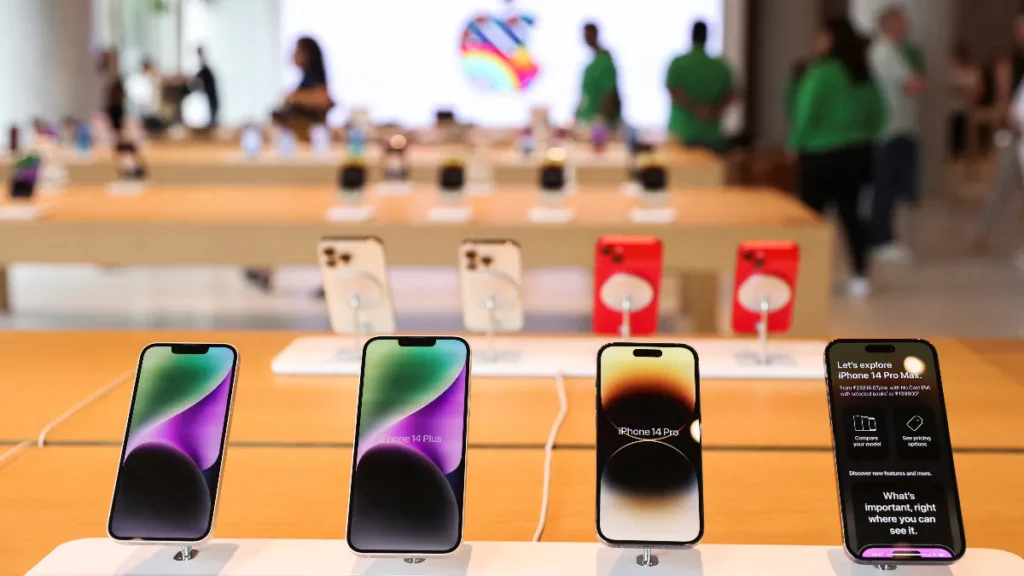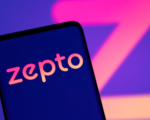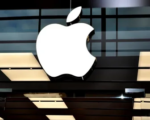Harmonizing Connectivity: India Proposes EU-Style Regulation Mandating Universal USB-C Charging Ports for Smartphones
In a communication with the Indian government, Apple has expressed concerns about the potential impact on its local production targets if New Delhi aligns with the European Union’s mandate for universal charging ports on existing iPhone models, as revealed in a government document. The US tech giant is actively lobbying for an exemption or a delay in the implementation of this rule.
India aims to adopt a European Union regulation that mandates smartphones to feature a universal USB-C charging port. Discussions with manufacturers have been ongoing, with India contemplating the introduction of this requirement by June 2025, mirroring the timeline set by the EU but with a six-month lag. While major manufacturers, including Samsung, have signaled their agreement with India’s plan, Apple is presenting resistance.
Notably, Apple has long utilized a proprietary lightning connector port for its iPhones. The EU contends that a standardized charging solution could result in consumer savings of approximately $271 million (roughly Rs. 2,259 crore). India emphasizes the environmental benefits of such a move, emphasizing a reduction in e-waste and enhanced user convenience. The ongoing dialogue between Apple and Indian authorities highlights the complex interplay between technological standards, environmental considerations, and the economic interests of global tech corporations.
In a closed-door November 28 meeting chaired by India’s IT ministry, Apple asked officials to exempt existing iPhone models from the rules, warning it will otherwise struggle to meet production targets set under India’s production-linked incentive (PLI) scheme, according to the meeting minutes seen by Reuters.PLI is a key project of Prime Minister Narendra Modi and offers electronic manufacturers in India fiscal incentives for fresh investments and incremental phone sales each year. It has been extensively used by Apple suppliers like Foxconn to expand iPhone manufacturing in the country.

“If the regulation is implemented on earlier models of mobile phones, they (Apple) will not be able to meet the PLI targets,” the minutes quoted Apple’s regulatory and product compliance executives as saying while opposing the rules.
Only iPhone 15 has the new universal charging port. Apple told Indian officials in the meeting that the “design of the earlier products cannot be changed,” the document showed.Consumers in India’s price-conscious market prefer buying older models of iPhones which typically become cheaper with new launches, and India’s push for the common charger on older models could hit Apple’s targets, said Prabhu Ram, head of the Industry Intelligence Group at CyberMedia Research.
“Apple’s fortunes in India have primarily been tied to older generation iPhones,” he said.The EU’s charging port rules kick in in December 2024, and India wants compliance by June 2025.Apple told officials it can comply with that timeline if existing models are exempted from the rules, but will need 18 months beyond 2024 if they are not.”A natural transition period should be given … keeping in mind the product design timelines,” the minutes quoted Apple executives as telling government officials.
















